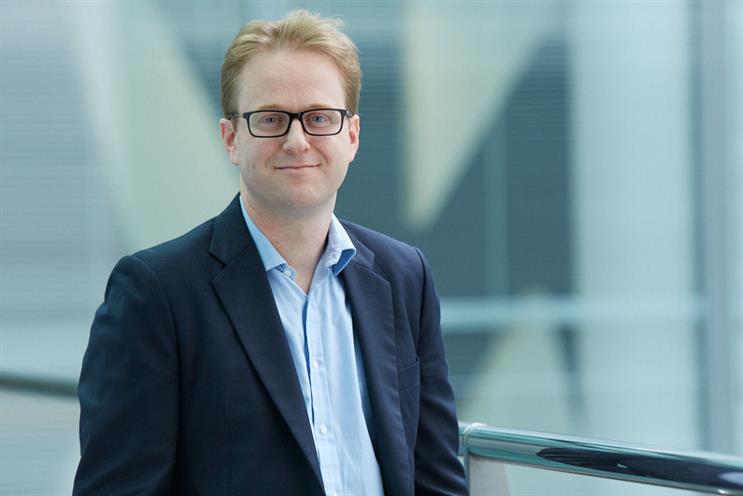There has been a lot of focus on women within the industry of late – mainly on conference platforms, in the trade press and on Twitter, but also beyond that in the wider world of communications.
The role of women in advertising and society at large is being thrust under the microscope like never before, from the HeforShe movement to the Procter & Gamble "#LikeAGirl" campaign and L’Oréal’s work with Helen Mirren on why women really are "worth it".
Meanwhile, the debate around pay equality is also top of mind – and rightly so. To pay less on account of gender is a crime both ethically and in law but one that’s extremely hard to police due to the traditional secrecy surrounding salaries and a complex legal appeals process. The last survey by the
Department for Culture, Media & Sport using 2013 Office for National Statistics data put the gap at an unappetising average of 19.7 per cent across the UK.
Different industries will find themselves on different sides of this average. "Professional services" stands at 10.7 per cent – but, clearly, this is a very broad category, taking into account all financial services and the public sector, as well as marketing services. What we struggle to do is drill down into media and advertising.
To pay less on account of gender is a crime both ethically and in law but one that’s extremely hard to police
It has been very broadly claimed that the gender pay gap in media stands at 20-25 per cent, which is a statistic I didn’t want to believe. I’m fiercely proud of the industry I work in and, over the span of my career, I’ve worked for a number of brilliant and impartial leaders, male and female – none of whom I believe would stand for such an obvious injustice in their business.
A glance at the top tiers of the UK media agency scene shows an absolute parity between men and women in chief executive/managing director positions. This would suggest that at least the problem isn’t down to an imbalance at the top of these agencies. After the Wacl Gather conference last month, chaired by our global chief executive, Lindsay Pattison, several women who attended understandably asked me to investigate the gender pay gap at Maxus.
As an agency of just over 250 people, I keep a pretty close eye on payroll, but it was a fair question – so I pulled out the numbers. I am happy to report that women are paid 0.5 per cent more than men (sorry, chaps).
I share this not because I am offering a rebuttal but because I believe secrecy is the issue here. This problem needs solving on the ground. If more companies and chief executives shared their figures, the debate would become more real and more substantive. I implore every leader to check this number and, even if you don’t share it publicly, then at least share it with your own people.
Nick Baughan is the chief executive of Maxus UK


